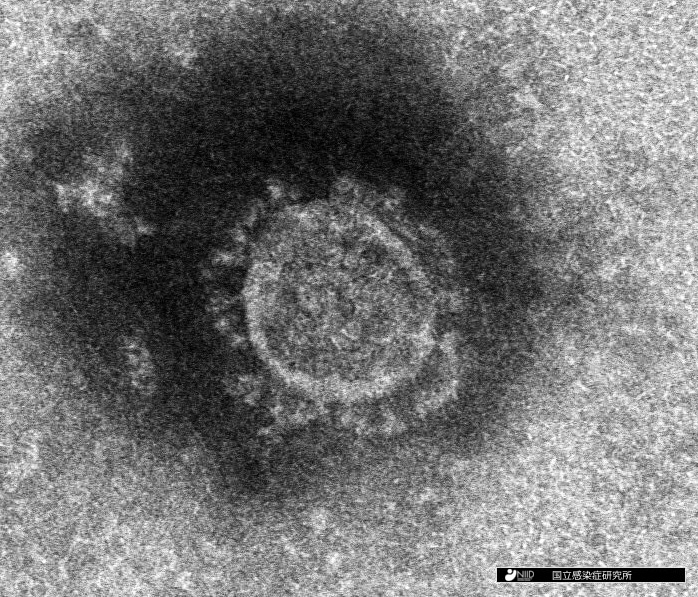Jpn. J. Infect. Dis., 65 (4), 326-329, 2012
To see a printable version of the article in the Adobe file format, click this [PDF] link.
Darunee Chotiprasitsakul1, Tavan Janvilisri2, Sasisopin Kiertiburanakul1, Siriorn Watcharananun1, Surang Chankhamhaengdecha2, Piyapong Hadpanus2, and Kumthorn Malathum1*
1Department of Medicine, Faculty of Medicine, Ramathibodi Hospital, Mahidol University, and 2Department of Biology, Faculty of Science, Mahidol University, Bangkok, Thailand
(Received February 13, 2012. Accepted May 7, 2012)
*Corresponding author: Mailing address: Department of Medicine, Ramathibodi Hospital, Mahidol University, 270 Rama VI Road, Ratchathewi, Bangkok, Thailand 10400. Tel: (+66)2-201-1581, Fax: (+66)2-201-1715, E-mail: This email address is being protected from spambots. You need JavaScript enabled to view it.
SUMMARY: In this prospective cohort study, we investigated the prevalence of Clostridium difficile-associated diarrhea (CDAD) in adult patients with nosocomial diarrhea by performing enzyme immunoassay (EIA) for detecting toxins A and B and polymerase chain reaction (PCR) for detecting the presence of the tcdB gene in stool samples. We determined the factors associated with CDAD, and the treatment outcome of CDAD from May 2010 to January 2011. A total of 175 stool samples were tested by EIA and PCR. In total, 26.9% patients tested positive for C. difficile: 12.6% by EIA and 24.0% by PCR. The kappa coefficient and total agreement of both the tests were 0.46 and 83.2%, respectively. Onset of diarrhea after antibiotic administration for 10 days or more (OR, 2.71; 95% CI, 1.14–6.44; P = 0.024) and leukocyte count >15,000 cells/mm3 (OR, 3.12; 95% CI, 1.24–7.88; P = 0.016) were significantly associated with occurrence of CDAD. The non-response rate to CDAD treatment was 24.1%, and the all-cause mortality rate was 31.9% in the CDAD group as against 35.9% in the non-CDAD group (P = 0.721). In our study, the performance of direct PCR of stool samples for detecting tcdB was better, with the number of positive results for stool toxins A and B being twofold higher than that in the case of EIA. Patients who have diarrhea after receiving antibiotics for 10 days or more or those who have a leukocyte count of >15,000 cells/mm3 should be investigated for CDAD.
